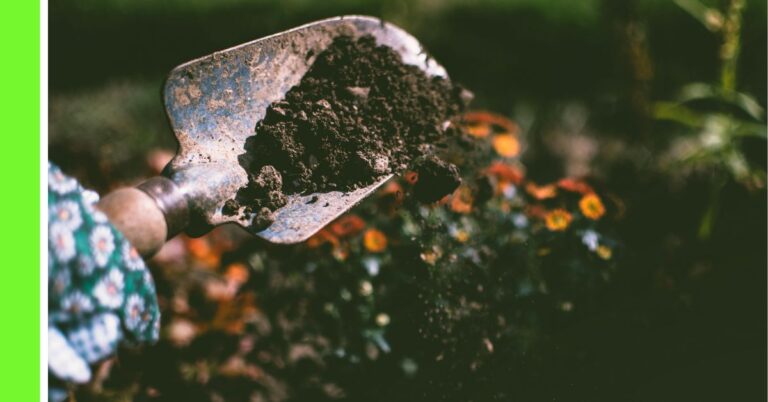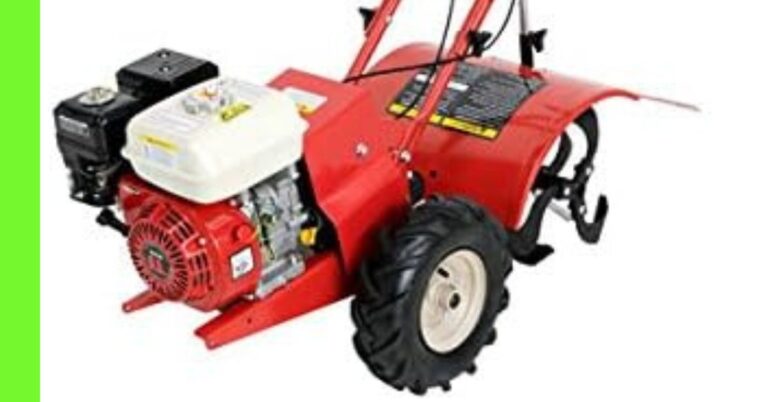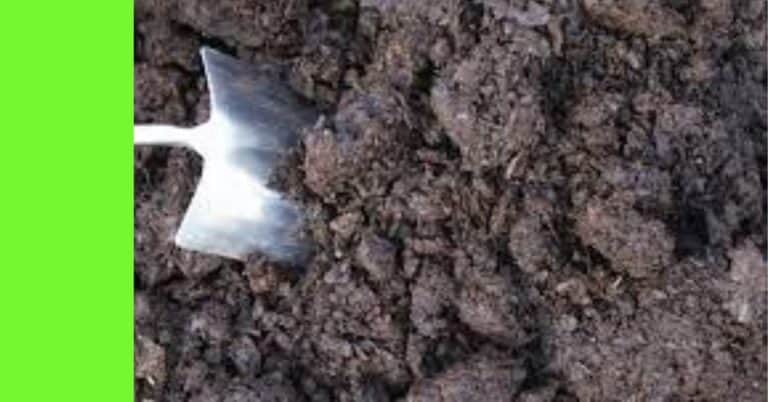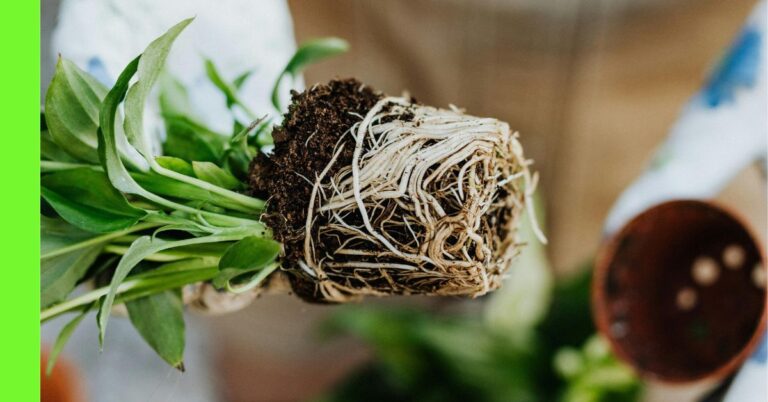Guide To Caring for Your Garden

A well-maintained garden enhances the beauty of your surroundings, provides fresh produce, and promotes a healthier environment.
Proper garden care ensures plants grow vigorously, resist pests and diseases, and yield better results.
This guide covers essential aspects of garden maintenance and tips to simplify the process.
Soil Preparation and Planting
Healthy soil is the foundation of a thriving garden.
Start by testing the soil to determine its ph and nutrient levels.
Based on the results, amend the soil with organic matter like compost or manure to enhance its fertility and structure.
When planting, choose suitable plants for your climate and soil type.
Space plants adequately to allow proper air circulation, preventing fungal diseases.
Rotate crops yearly to maintain soil health and prevent nutrient depletion.
To learn more about soil preparation, see our article on soil preparation for better crop yield.
Watering
Watering is crucial for plant growth, but overwatering or underwatering can harm plants.
Follow these best practices:
- Water early in the morning or late in the afternoon to minimise evaporation.
- Use drip irrigation or soaker hoses for efficient water delivery.
- Adjust watering frequency based on plant type, weather, and soil moisture levels.
See Also: Watering Techniques For Healthy Plant Growth
Mulching
Mulching conserves soil moisture, suppresses weeds, and improves soil quality.
Use organic mulches like straw, wood chips, or dried leaves.
Spread a layer around plants, leaving space around stems to prevent rot.
Over time, organic mulch decomposes, enriching the soil.
Fertilizing
Plants require nutrients to thrive.
Organic fertilisers like compost, manure, or fish emulsion provide essential nutrients without harming the environment.
Apply fertiliser according to plant needs and avoid over-fertilising, which can lead to excessive growth and weak plants.
Weeding
Weeds compete with plants for nutrients, water, and sunlight.
Regular weeding prevents them from taking over the garden.
Use mulch to reduce weed growth, and remove weeds by hand or with a hoe before they seed.
Consider planting cover crops in the off-season to suppress weeds naturally.
Pest and Disease Control
Pests and diseases can weaken plants and reduce yields.
Monitor your garden regularly for signs of infestations or disease.
Use these strategies for control:
- Encourage beneficial insects like ladybugs and praying mantises.
- Use natural pest repellents like neem oil or garlic spray.
- Remove and dispose of infected plants to prevent disease spread.
- Practice crop rotation to reduce pest buildup in the soil.
Pruning
Pruning helps shape plants, improve air circulation, and remove dead or diseased branches.
Use sharp, clean tools to avoid damaging plants.
For flowering and fruiting plants, prune at the right season to encourage healthy growth and higher yields.
Encouraging Biodiversity
A diverse garden supports a healthier ecosystem.
Grow a mix of flowers, vegetables, and herbs to attract pollinators such as bees and butterflies.
Native plants are well-adapted to local conditions and require less maintenance.
Adding bird feeders and water sources can also help create a balanced and thriving habitat.
Additional Tips for Simplifying Garden Care
- Use raised beds or containers: These minimise soil compaction, improve drainage, and make gardening more manageable.
- Opt for low-maintenance plants: Choose native or drought-resistant plants that require less care.
- Automate watering: Install an irrigation system with a timer to ensure consistent watering.
- Plan a manageable garden size: Start small and expand gradually to avoid being overwhelmed.
- Keep tools organised and maintained: Sharp and clean tools make gardening tasks easier and more efficient.
Caring for a garden requires effort, but the rewards of fresh produce, vibrant flowers, and a healthier environment make it worthwhile.
With proper techniques and smart strategies, maintaining a thriving garden can be enjoyable and fulfilling.
Hope this article was helpful.






